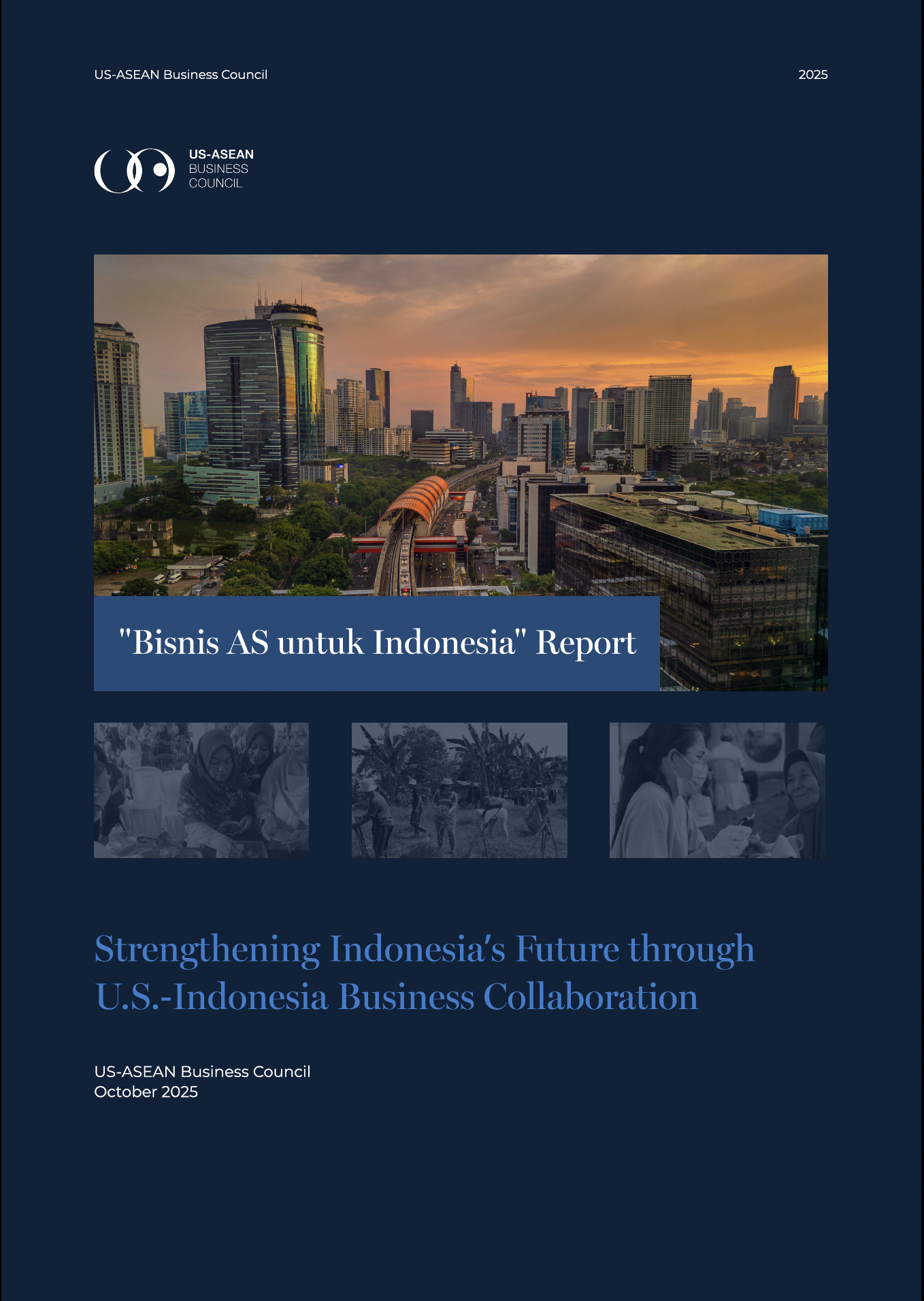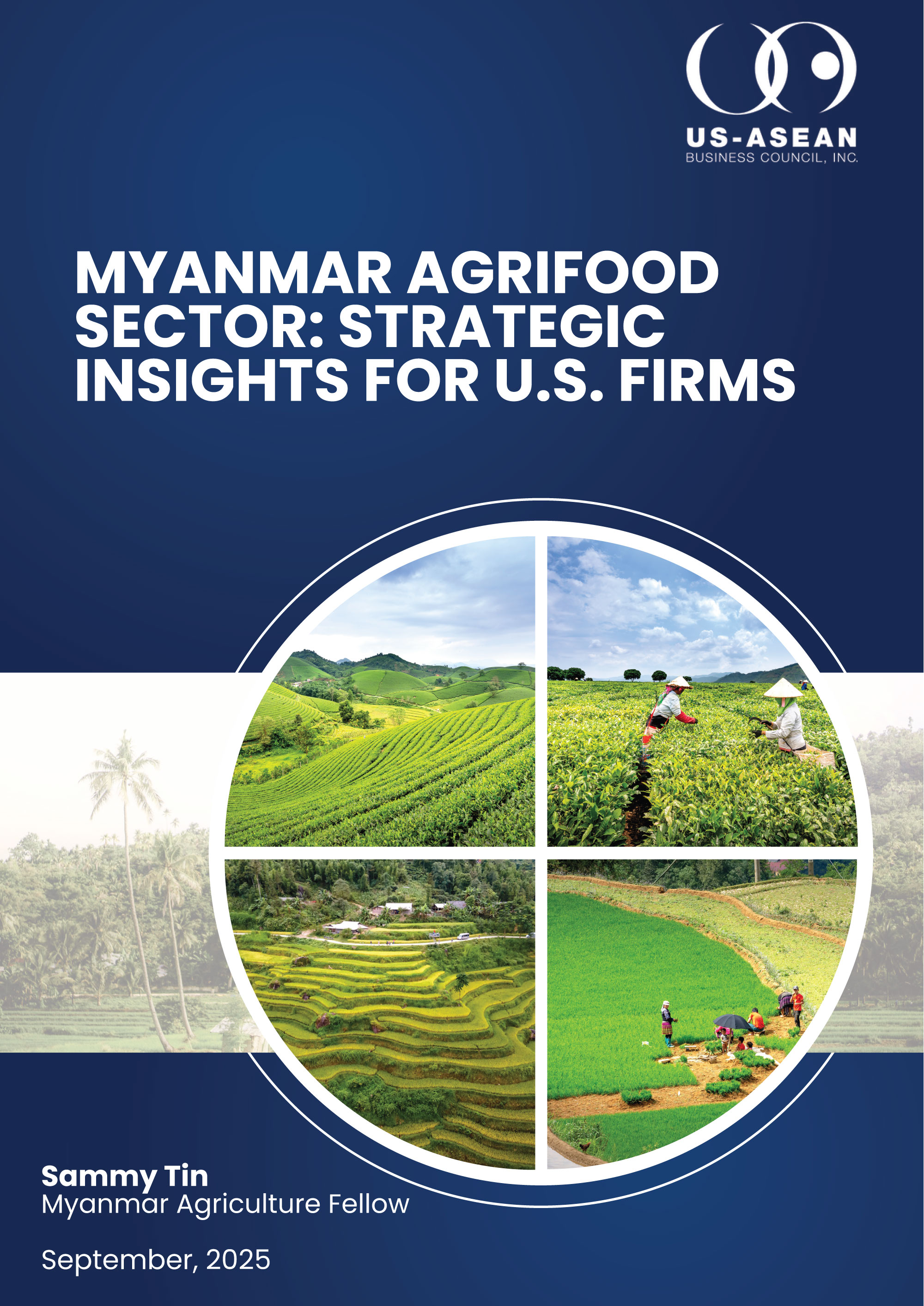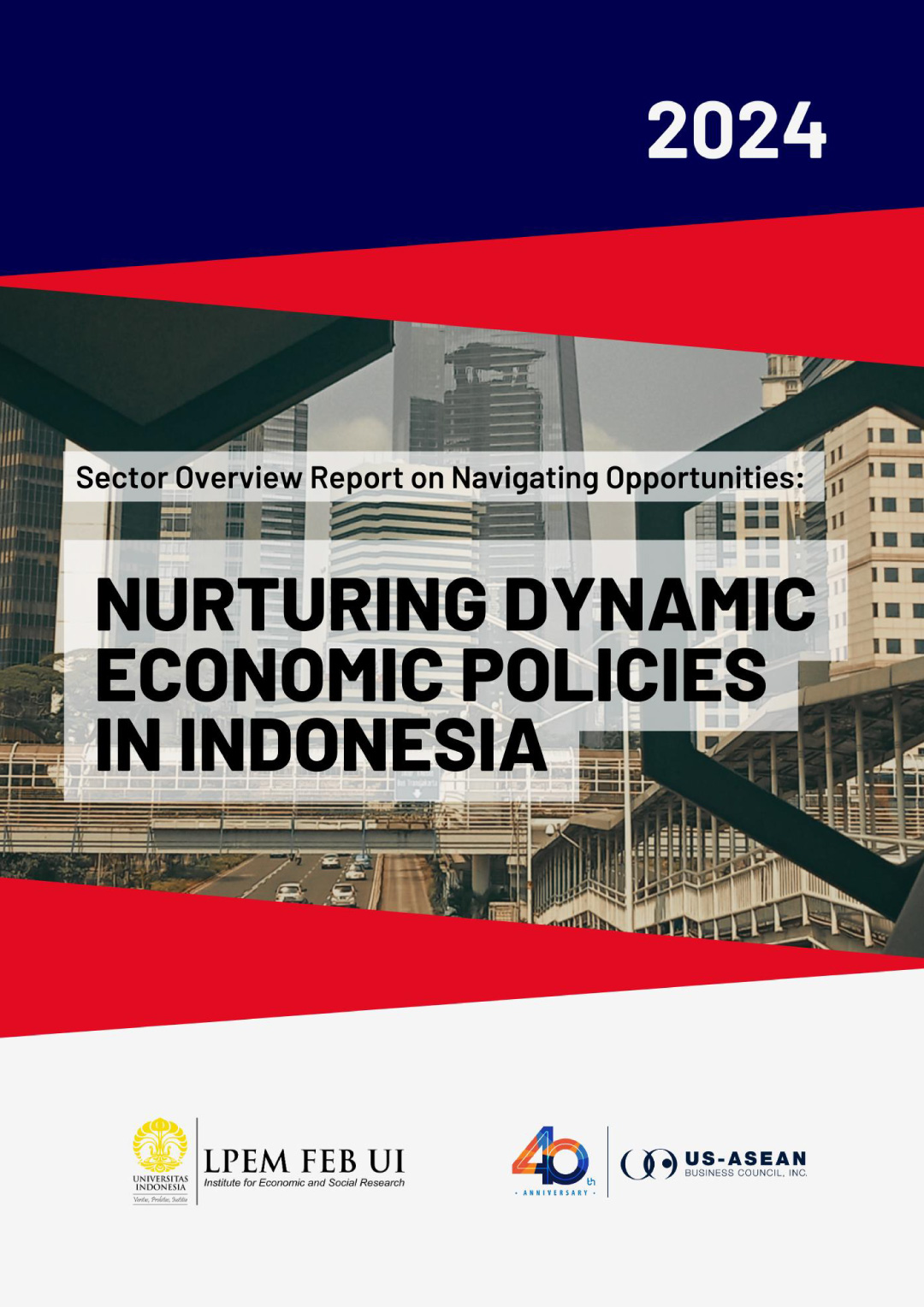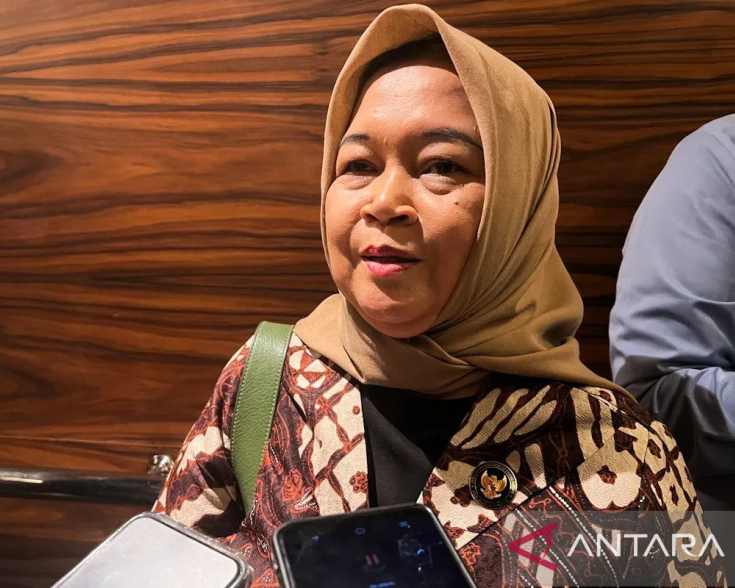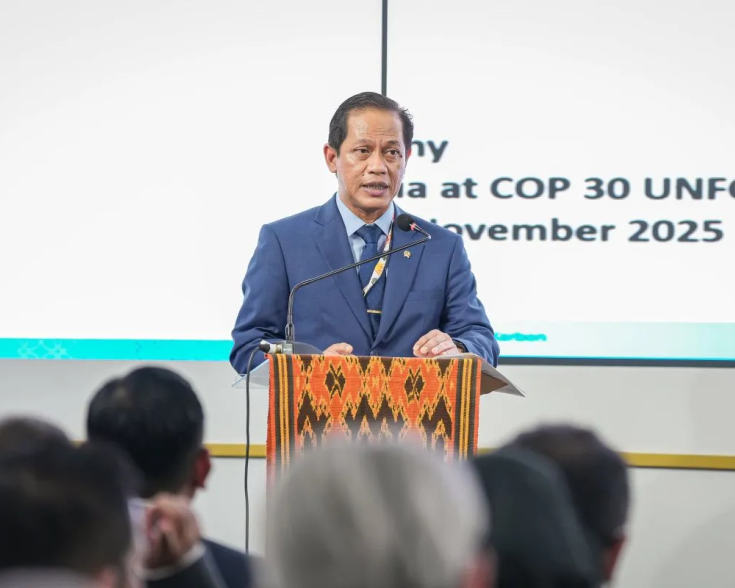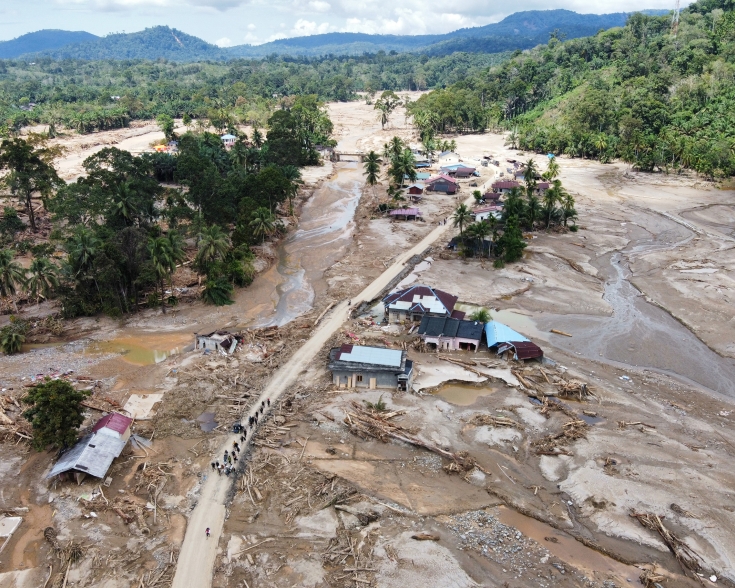The Indonesian Beef Industry: The Challenges Remain

Indonesia is the largest beef producer in Southeast Asia. Over recent years, population growth and an expanding middle class have dramatically increased the domestic demand for beef. To meet this demand, Indonesia imports a majority of its live cattle and packaged beef from abroad.
Indonesia’s cattle industry is highly fragmented, with 80% of it dominated by smallholder farmers that are mainly concentrated on the island of Java. Smallholder farmers and cattle breeders often have limited financial resources to produce meat on a large scale and often raise cattle for their own savings rather than the commercial market. This hinders the potential of the domestic meat supply, and hence domestic production is only able to meet 40% of Indonesia’s beef demand.
Stringent plant applications are a major challenge to American beef entering the country despite significant growth opportunities for American beef exporters as the growing demand in Indonesia is for grain-fed, marbled U.S. beef, specifically. Currently, Indonesia is the largest export market for Australian live cattle and frozen beef. Under the Indonesia- Australia Comprehensive Economic Partnership Agreement, preferential tariff treatments for these products have proven effective and offer significant opportunities for Australian cattle growers.
In response to domestic challenges in the beef industry, the Indonesian government has proposed initiatives to promote self-sufficiency in meat products. These include implementing import quotas and the 5+1 feeder-breeder import policy. Unfortunately, these programs have been ineffective in significantly closing the gap in domestic beef demand in Indonesia. Additionally, high transportation costs have spiked prices for domestic meat due to Indonesia’s varying infrastructure development between its 17,000 islands. However, the implementation of intensive and revitalized breeding systems along the technological empowerment of smallholder farmers are key pillars to increasing and stabilizing domestic production. Additionally, Indonesia should strive for the growth of the ‘national herd.’ This involves controlling the number of productive female cows that are sold and slaughtered while enhancing overall beef nutrition.
Opportunities to Explore
Despite challenges regarding the sustainability of Indonesia’s beef industry, there are many opportunities for growth in the market. With the country’s middle-class constituting 20% of the population, Indonesia has one of the fastest-growing urbanized consumer markets with an average annual growth rate of 2.24%. Beef, an integral piece of the Indonesian diet, must be Halal certified and, unsurprisingly, Indonesia represents the largest consumer market for Halal products in the world.
There are several opportunities for American companies to alleviate the disparity in the Indonesian beef market. From an angle of domestic production in Indonesia, American companies can play a major role in helping cultivate the ‘national herd.’ A key opportunity for American companies is the development of vaccines to combat illnesses such as foot-and-mouth disease, a virus that has resulted in the culling of millions of cattle. Further, American companies can develop more nutritious cattle feed that will help bolster cattle populations and extend average cattle lifespans. From the angle of trade, American cattle growers and beef packagers can work with the Indonesian government to develop optimal plant applications that allow increased imports of American beef into Indonesia whilst still respecting and adhering to Indonesian trade standards. The Council plays a role here for our members in helping facilitate these dialogues with the Indonesian government.
Overall, demand for beef products will continue to accelerate. Indonesia will continue to import beef from countries such as Australia, the United States, New Zealand, Brazil, and India as a short-term solution. Unless Indonesian beef production, husbandry, and processing receive the revitalization needed, it will prove difficult for domestic demand to be met by domestic production at any point soon.

